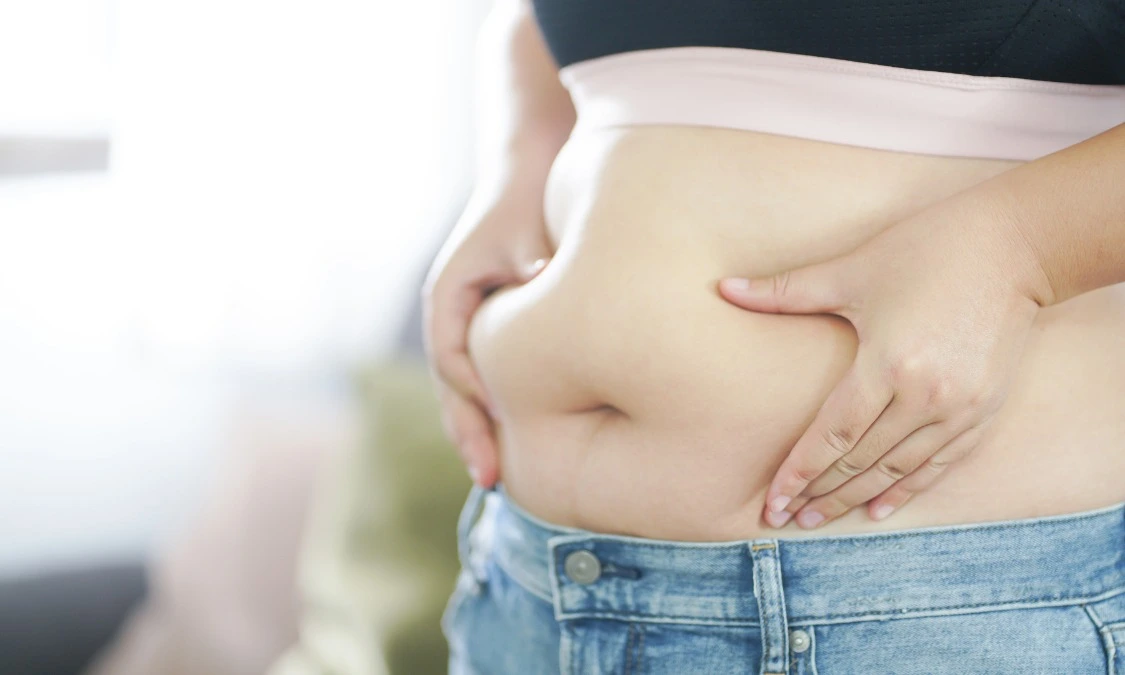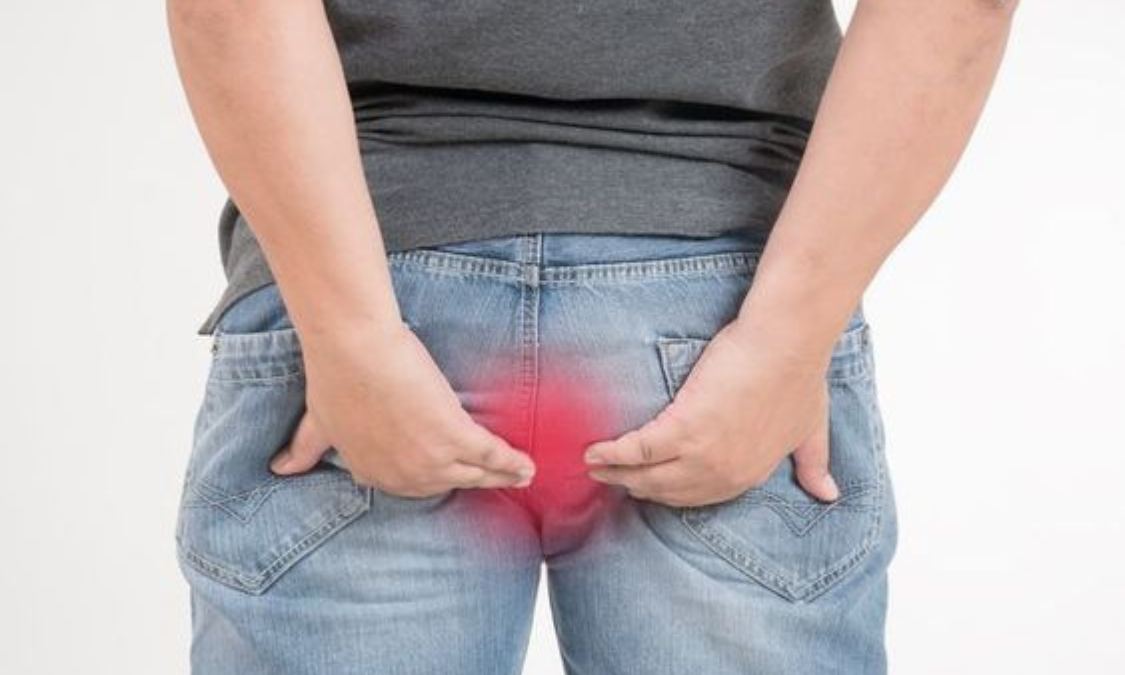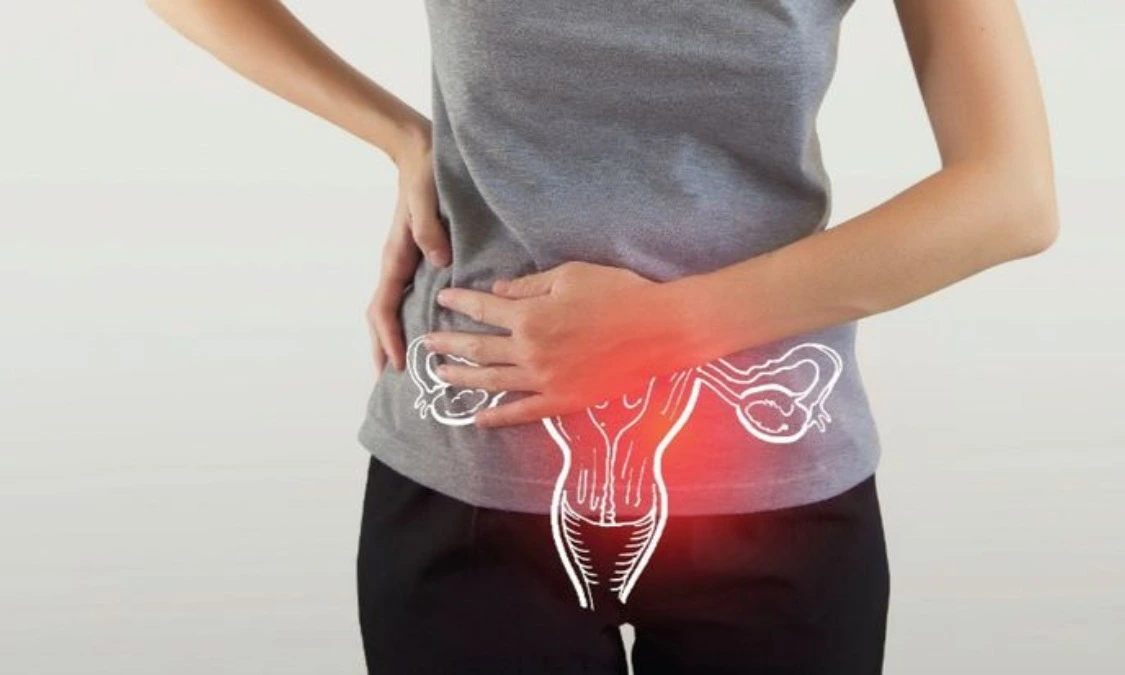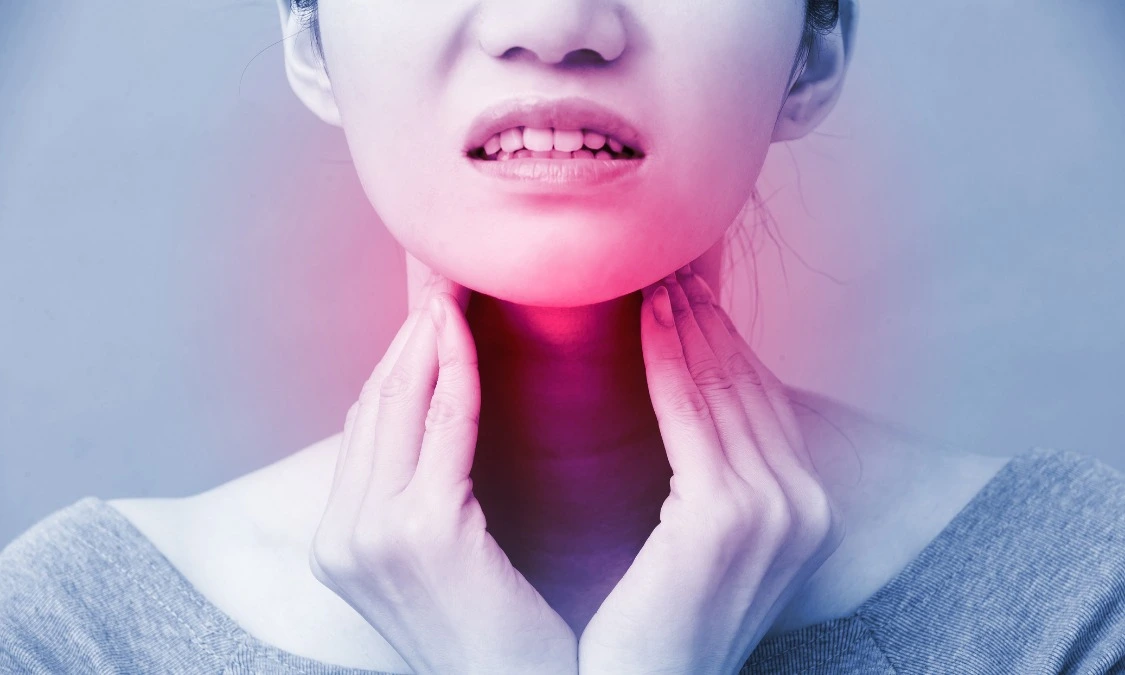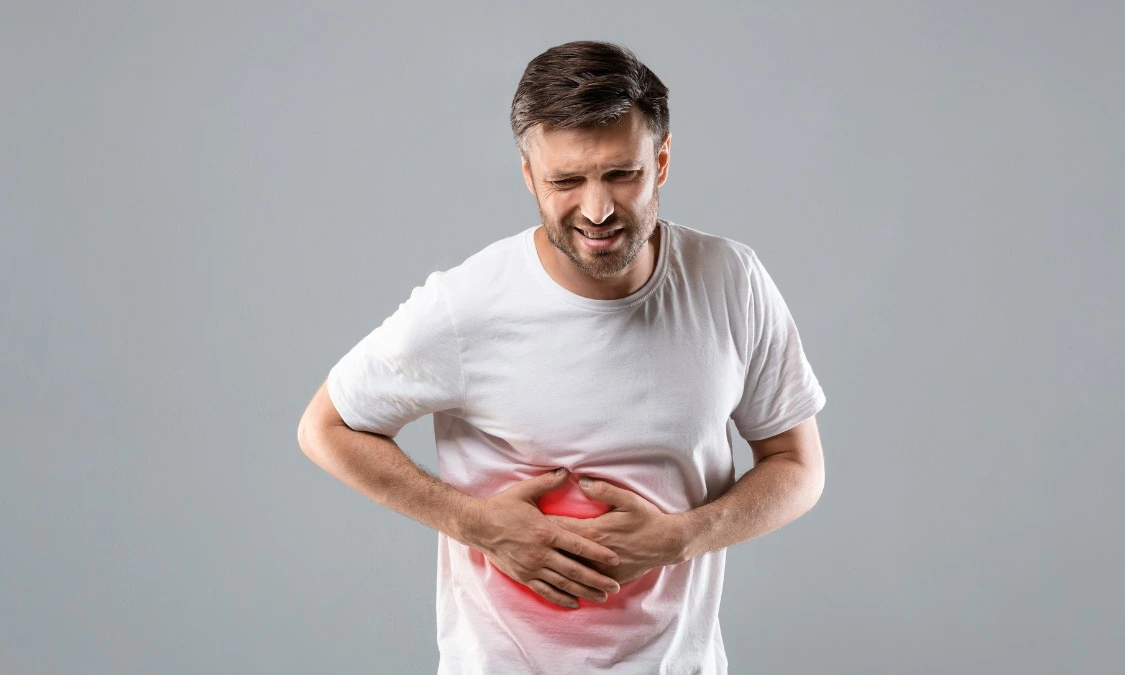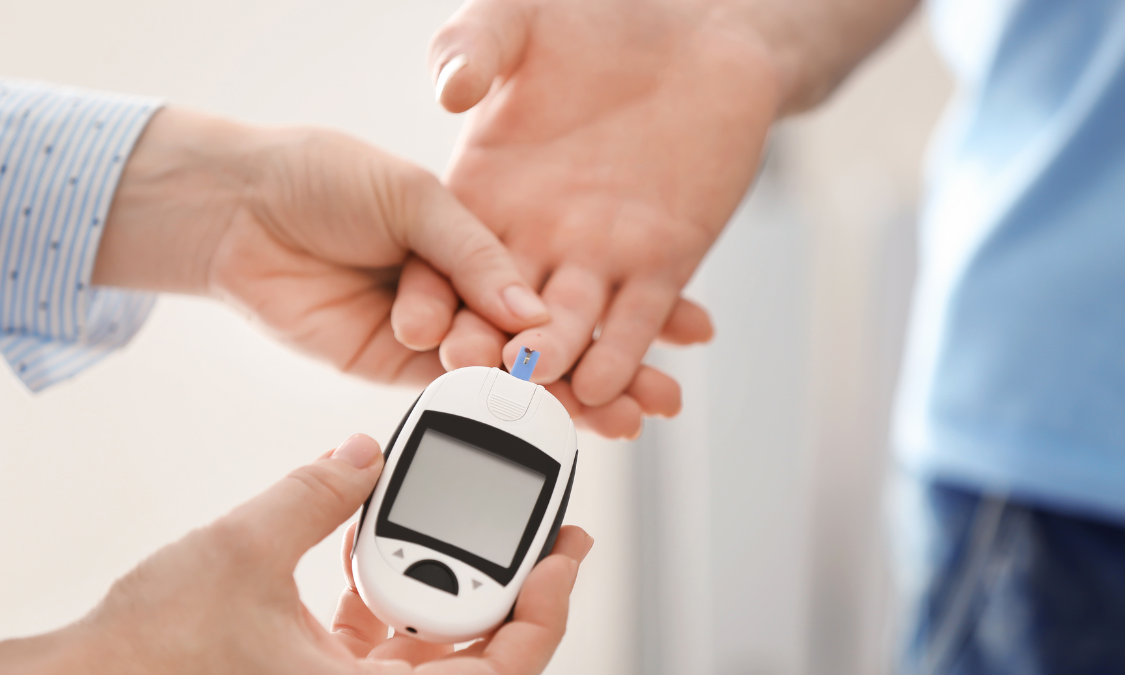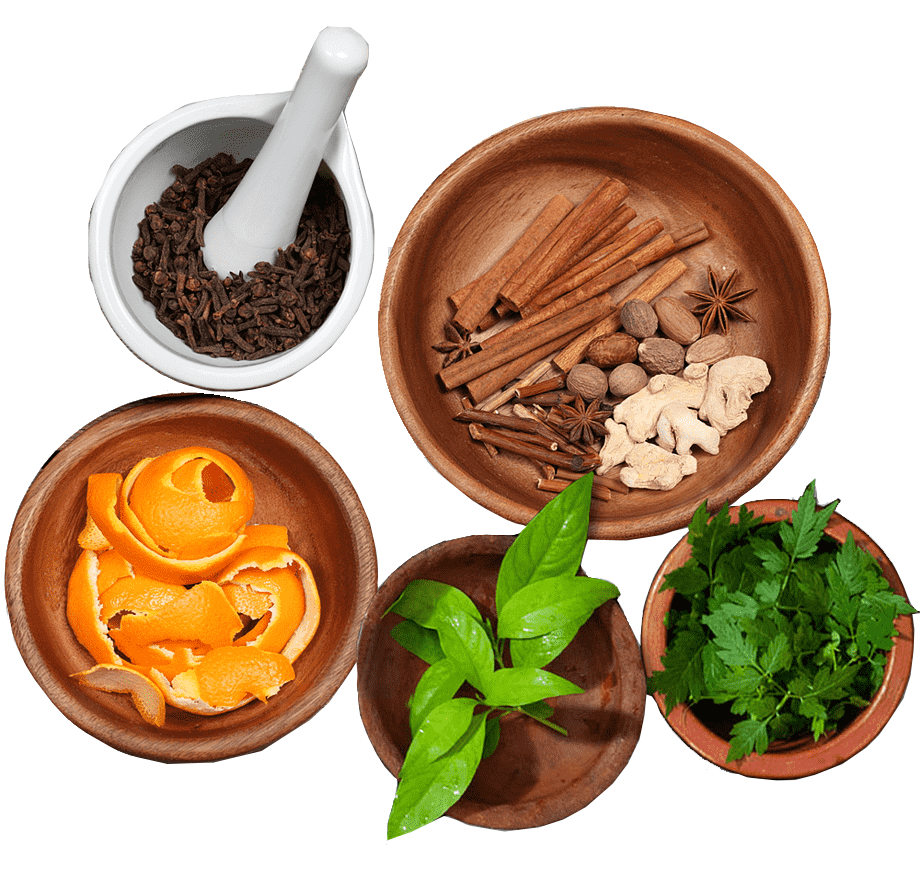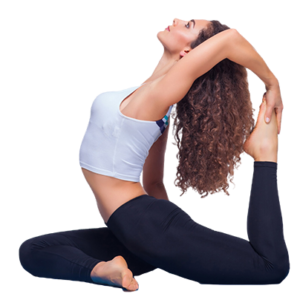Eczema: Ayurvedic Treatment, Symptoms, and Natural Healing Solutions
Eczema, which is also called dermatitis, has general characteristics of being itchy and dry with patches that can sometimes ooze or bleed. It is most often found in the hands, face, and legs but can affect any part of your body. People with eczema often have several triggers that might cause their symptoms to flare up, such as fluctuations in temperature, sweating or exposure to harsh chemicals (like detergents), stress, and airborne allergens.
Eczema in Ayurveda is called “Vicharchika” It is characterized by intense itching, blisters or boils, pigmentation changes, and dry and rough skin with secretions. Basil is enriched with so many essential ingredients that it can help you nourish your skin, stop it from being dull, and render invigorating effects.
Eczema Causes
As per Ayurveda, Eczema arises because of the imbalance in doshas (Vata Pitta Kapha) within the body. The source of this imbalance can range from diet, lifestyle habits, and emotional stress to genetics which I understand are topics for another day. Here are some of the main dietary and lifestyle factors that can activate eczema:
Dietary Factors:
Lifestyle Factors:
General Ayurvedic Treatment for Eczema
Ayurveda Therapy for Eczema: It starts with identifying the type of dosha (Vata, Pitta, or Kapha) related to this disease. Any dosha is capable but Pitta frequently plays a role since it lords over the liver, blood, and digestion – all essential components in skin health.
Dietary Recommendations:
Lifestyle Modifications
Conclusion:
Ayurveda uses the knowledge of body support as a whole, removing toxins and rejuvenating the entire system by means like diet or lifestyle according to one’s constitution. The comprehensive nature of this care does not just look after eczema symptoms in isolation but also increases the overall well-being of those living with it.

